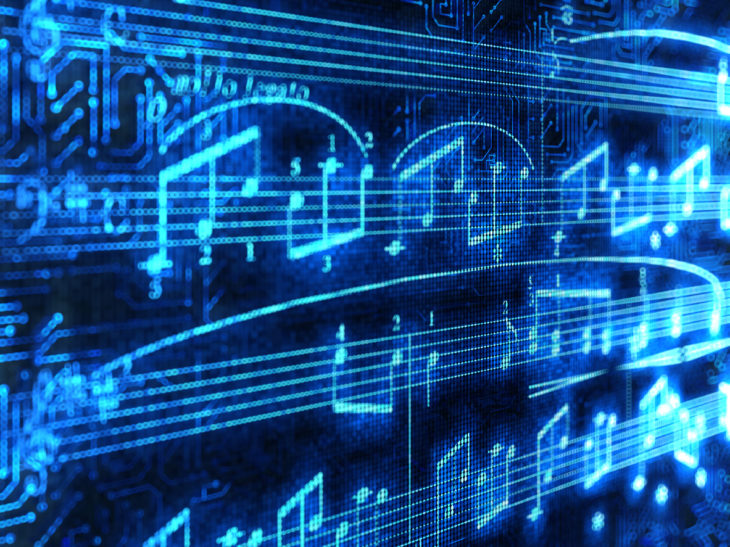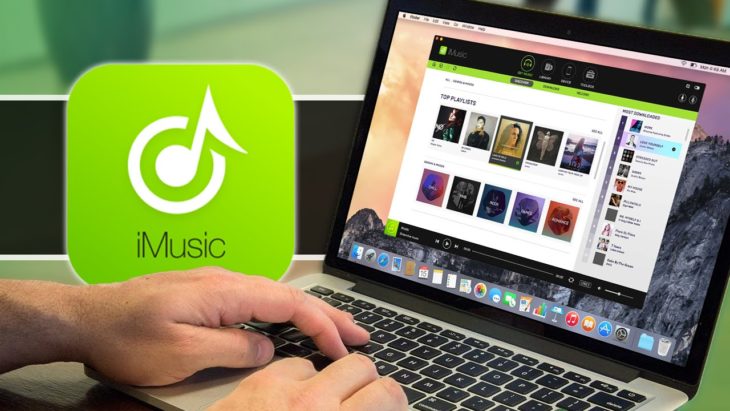We will answer the why part of the question immediately – It offers an overview of future music trends. While changes in consumption and their implications, together with the emergence of active audiences, are presented as the main elements of model change, advances in technology and organization have also influenced the way of creating musicians.
Music offers a variety of immeasurable perspectives and analysis methodologies, and it is very difficult to see the possibility of future developments in the context of new technologies being made. Analysis of prospective customers who do not seriously consider music creators, namely musicians, or their actual and concrete practices, or social agents involved in the creation, production, diffusion, commercialization, and consumption of music, plus the technical and aesthetic elements that make music capable of reaching everyone.
The place of musicians in the digital future

Source: SocietyByte
Facing new emerging problems in the field of music with the development of new technologies and digital social networks and enabling social use, there is a fundamental element that must be taken into account: music creators. Without musicians, there is no music, economy, music industry, or music culture; for this reason, even though it seems clear during these periods of high-tech mediation, the field of music today needs more protection from the creators themselves. In order for musicians to live from their work, it is a necessary condition that there is a live music scene because music requires immediate execution for the audience as a natural element of survival.
High technology can distribute culture low, while high culture can survive with a low level of technology, and thus most art is produced, at least in the West. It is only in conditions of direct and direct reproduction of musical activity that this is the future of highly mediated music possible in the context of new technology. And here we have to make a fundamental difference: it’s not the same as attending a live music event like watching or listening to it on a computer or on a cellphone. Each segment has its own characteristics and nothing is better than the other.
Music management

Source: Platform & Stream
Music is now distributed mostly in digital form and a special management system is needed to organize them in large quantities. If you are someone with a complete music collection, the music library organizer is what you need and iMusic is one of the music libraries available on the market. You need iMusic especially if you often download music services like iTunes and Spotify. By using iMusic (and also similar software), you can save your drive space and most importantly, find any music (in your collection) only takes a few seconds.
Now you certainly understand the importance of having a personal music library, if possible the best music organizer that can help you find your favorite songs in a very short time. You should also consider whether the software can back up and restore your music library. This feature is needed if you want to switch devices one day, for example, you want to save your collection of offline songs to a new laptop.

Source: DRM Wizard
iMusic and some other similar software also offer you to clean damaged music tracks and remove duplicate tracks that have the potential to waste your drive space. But based on our experience, iMusic is the best music organizer software because every basic feature offered has a function in accordance with the initial expectations. Hopefully, this article can provide you with a new perspective on how modern music trends require you to have a digital music library that will help you to enjoy your music collection without limits. Thank you for reading!
